Publications
Articles, publications, books, tools and multimedia features from the U.S. Institute of Peace provide the latest news, analysis, research findings, practitioner guides and reports, all related to the conflict zones and issues that are at the center of the Institute’s work to prevent and reduce violent conflict.
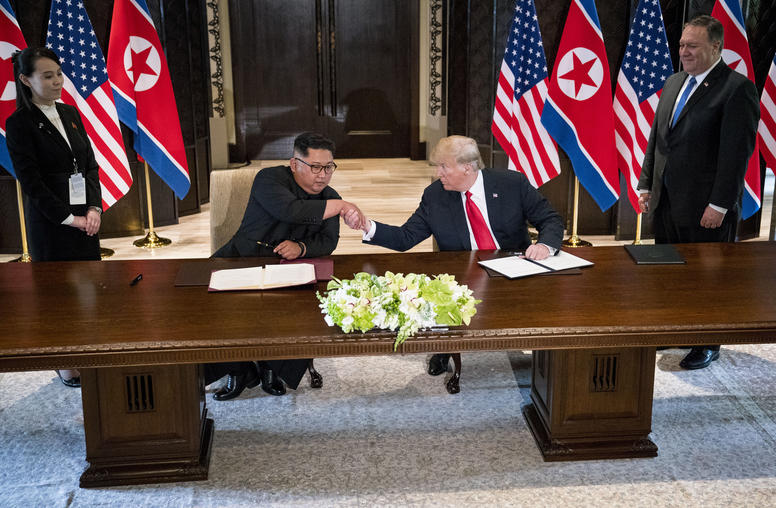
Are the Korean Peninsula and the World Safer After Singapore? (Video)
Following the June 12 summit in Singapore between U.S. President Donald Trump and North Korea leader Kim Jong Un, the U.S. Institute of Peace asked North Korea experts Stephen Rademaker and Frank Aum whether the world is safer because of the summit and what differences—if any—there are between the pledges made in Singapore and previous agreements.
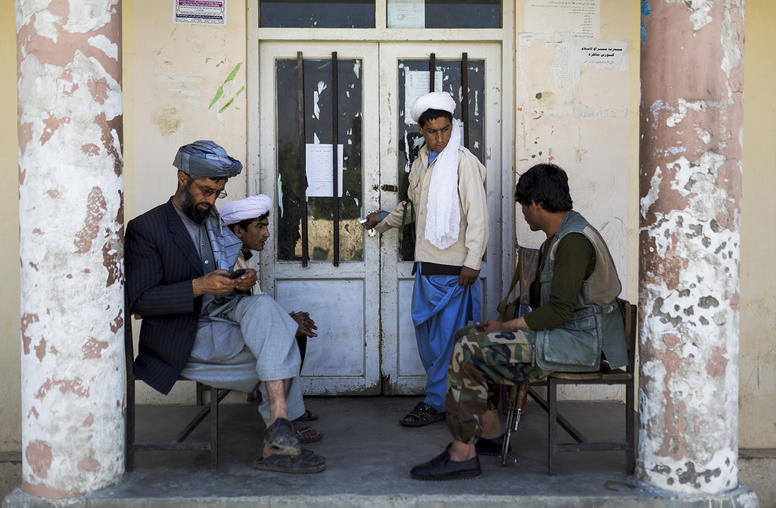
Afghanistan’s Imams Helped Achieve a Surprise Truce
The gunfire and explosions of Afghanistan’s war are to fall silent this weekend for the first time since U.S. troops entered the country nearly 17 years ago. That is because the Taliban leadership has

Scott Worden on the Cease-Fire in Afghanistan
A temporary cease-fire between the Afghan government and the Taliban to mark the end of Ramadan may offer an opportunity to pursue a more ambitious political solution to end the conflict in Afghanistan, says USIP’s Scott Worden. While there is a chance that the cease-fire—the first since the war began in 2001—will be fleeting, as cease-fires are fragile by nature, it is an important trust-building measure. Combined with Afghanistan’s neighbors recently expressing their desire for an end to the stalemate, the cease-fire could be the first step to a more enduring peace.
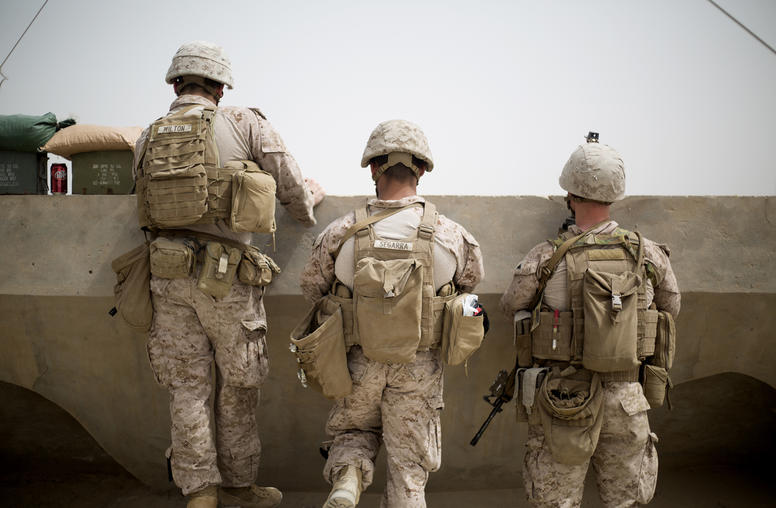
Can the Afghan cease-fire pave the way for peace?
The Government of Afghanistan on June 7 offered a unilateral, week-long cease-fire to the Taliban beginning June 12, in observance of the end of the holy month of Ramadan. Of course, a cease-fire is not a peace agreement, but it can lead to one.
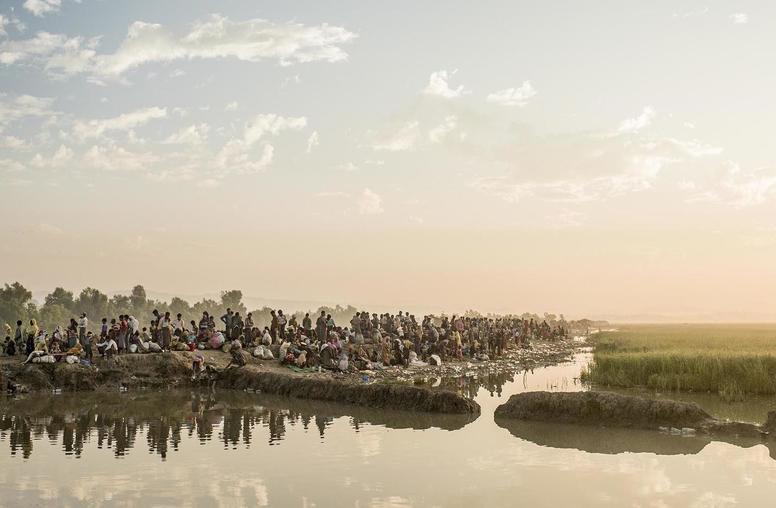
Burma’s Balancing Act on Rakhine
In a reversal of past policy, Burma’s government last week signed a memorandum of understanding (MOU) with the United Nations to facilitate the repatriation of Rohingya refugees back to Burma. This unexpected move builds on the momentum established last month, when Burma hosted a United Nations Security Council (UNSC) delegation and invited the U.N. to assist in the repatriation of the Rohingya and the rehabilitation of Rakhine state.
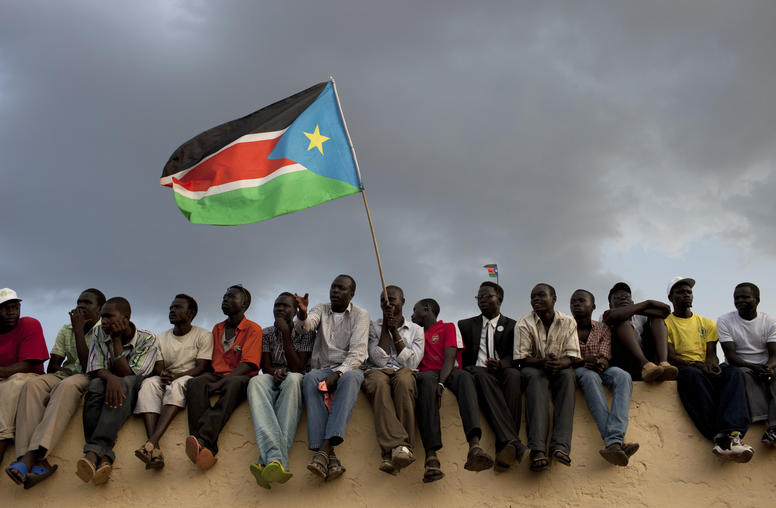
Strong Words Alone will not Deliver Peace to South Sudan
At the end of May, after only four days, South Sudan’s long-delayed peace talks once again adjourned without reaching a viable agreement. The failure to reach a deal comes only weeks after the White House declared that the Government of South Sudan had “lost credibility,” expressed deep frustration at the “lack of progress toward an agreement,” and warned that “more than seven million people will face life-threatening hunger in the coming months,” as a result of the crisis.

Frank Aum on the North Korea Summit
Just days out from the historic U.S. – North Korea Summit, Frank Aum reflects on pitfalls that previous administrations struggled with, and shares his thoughts about the Trump administration’s approac
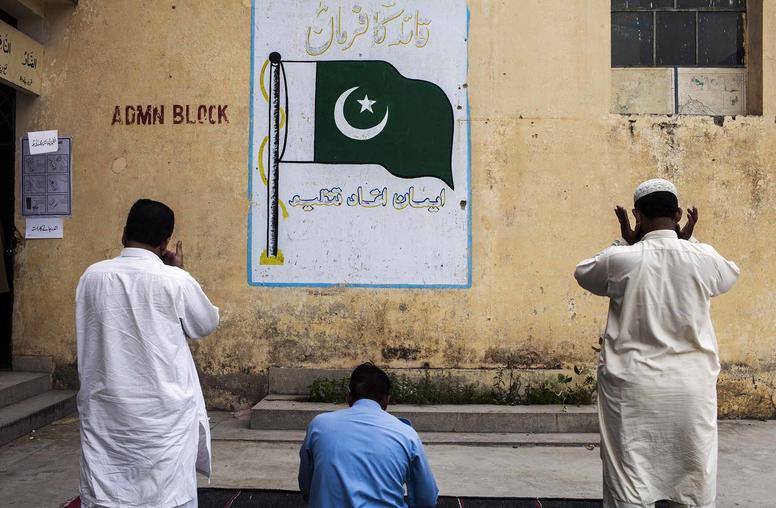
What’s at Stake in Pakistan’s Summer Elections?
Later this summer, millions of Pakistani voters will have the opportunity to cast ballots to elect new representatives for the national parliament and provincial assemblies. Pakistan’s political landscape is fractious and has faced major upheavals in the year running up to the vote, leaving considerable uncertainty about the possible outcomes.
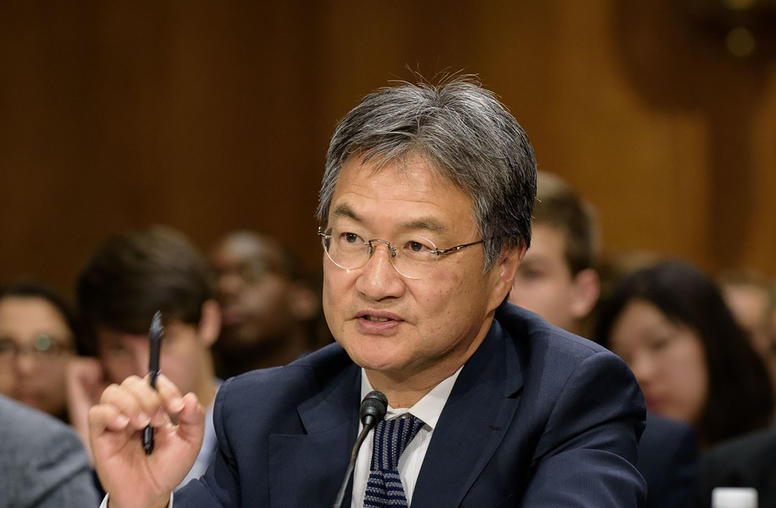
Next Steps on U.S. Policy Toward North Korea
Subcommittee Chairman Gardner, Ranking Member Markey and members of the Subcommittee, thank you for the opportunity to testify this morning on “Next Steps on U.S. Policy Toward North Korea.” I am a Senior Advisor at the United States Institute of Peace, although the views expressed here are my own. USIP was established by Congress over 30 years ago as an independent, national institute to prevent and resolve violent conflicts abroad, in accordance with U.S. national interests and values.
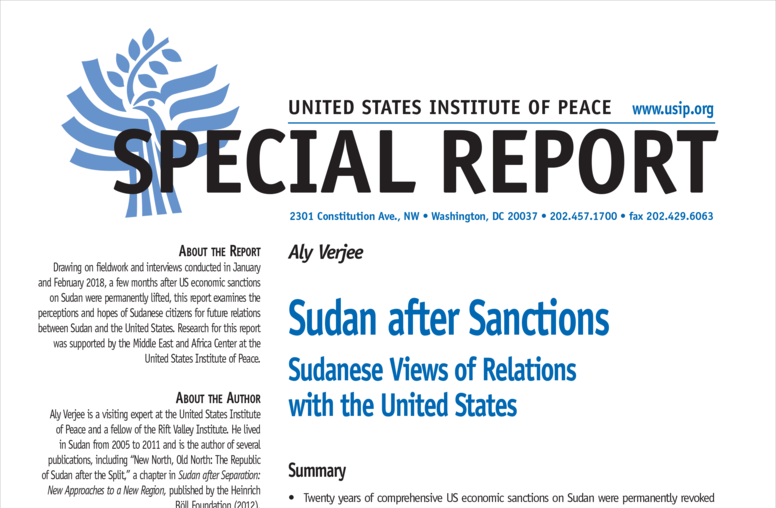
Sudan after Sanctions
In October 2017, the United States lifted a wide range of economic sanctions that had been in place against Sudan for two decades. Aly Verjee, a visiting expert at the United States Institute of Peace, recently interviewed roughly 50 Sudanese—including students, business owners, doctors, laborers, activists, and others outside the government-connected elite—on what this first step in the normalization of relations between Sudan and the United States might mean for the future of their country.